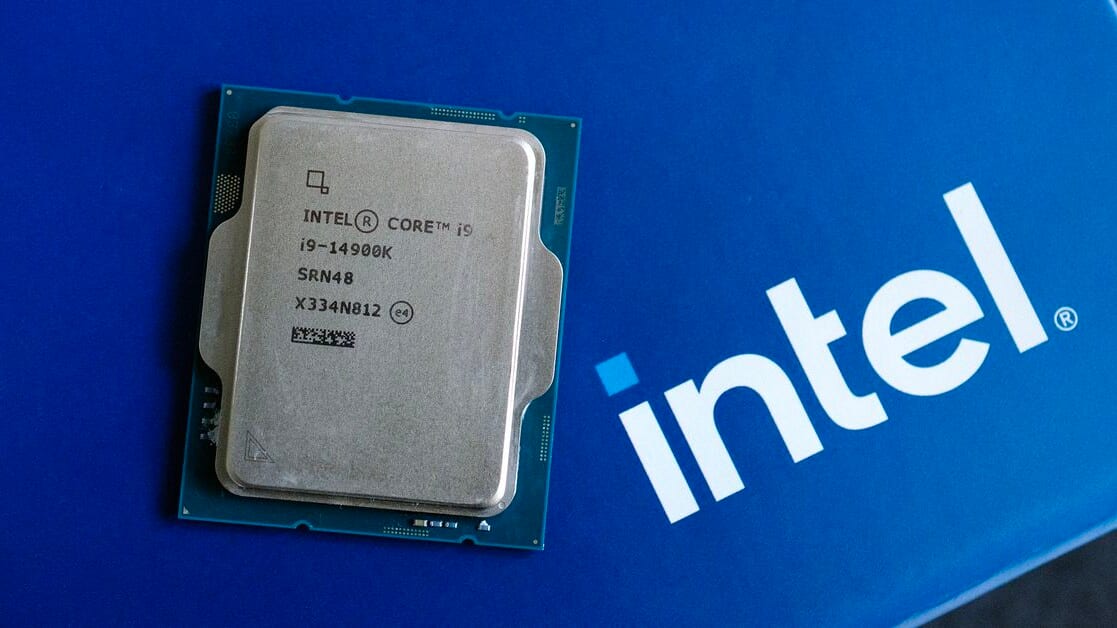
Intel resolves crashing issues with Raptor Lake desktop processors
What's the story
Intel has successfully addressed the instability issues plaguing its 13th and 14th Generation "Raptor Lake" desktop CPUs.
The company identified "Vmin Shift Instability" as the primary cause of these problems. However, it clarified that there is no solution for processors already damaged due to this issue.
Intel's spokesperson Thomas Hannaford confirmed to The Verge, "Yes, we're confirming this is the cause and that it is fixed."
Technical explanation
Understanding the root cause of the issue
The "Vmin Shift Instability" issue is a result of Intel's chips and their associated motherboards demanding excessive voltage, leading to premature aging of certain chip components.
Intel explained this in a blog post, stating that the problem has been traced to a clock tree circuit within the IA core.
This circuit is susceptible to reliability aging under elevated voltage and temperature conditions.
Mitigation measures
Intel's 4-step mitigation plan for CPU instability
Intel has identified four operating scenarios that can lead to Vmin shift in affected processors, and has proposed a set of mitigations for each.
These include recommending default settings for 13th and 14th Gen desktop processors, addressing the eTVB algorithm issue with microcode 0x125 (June 2024), and releasing microcode 0x129 (August 2024) to manage high voltages requested by the processor.
The final step involves releasing microcode 0x12B that encompasses previous updates and addresses elevated voltage requests during idle/light activity periods.
User guidance
BIOS updates and warranty extension for affected processors
Intel advises users to download the latest BIOS updates for their motherboards, which are already being rolled out.
These updates should prevent chips from aging prematurely. However, if users are already seeing signs of premature aging, they should return the processor under warranty as soon as possible.
Intel has extended a two-year warranty on these chips, and almost every PC manufacturer has agreed to honor it.
Company statement
Intel's assurance and future plans
Intel has not yet disclosed the batch numbers/serial number ranges of Raptor Lake chips that faced oxidization during manufacturing.
The firm also does not have an update on a tool to let users easily test their chip for premature aging.
However, it assured that its laptop chips and all future desktop processors are not affected by this issue.